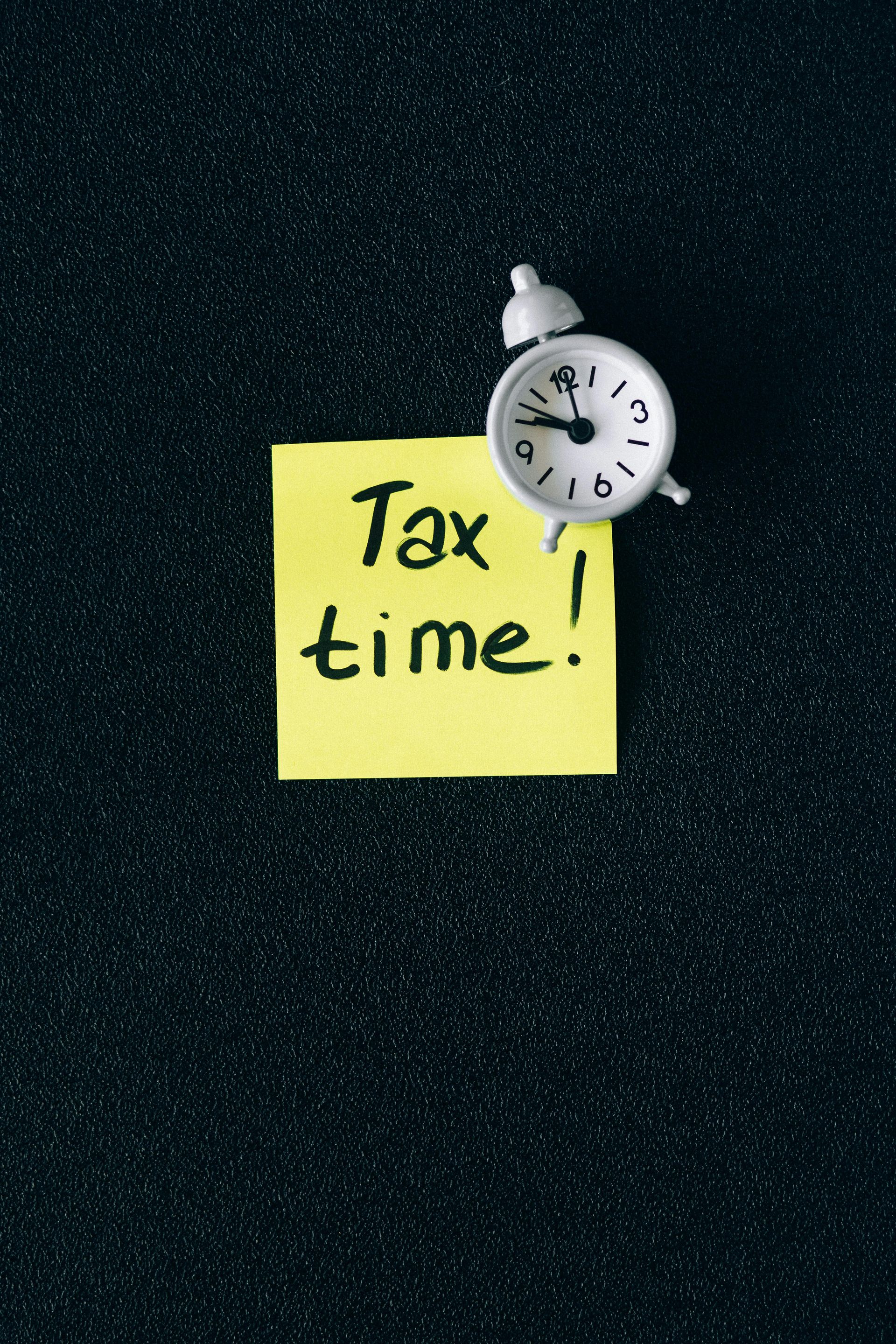Ready for tax time 2019? This year there'll be some changes to how many employees access their tax information from their employer. The good news is this is part of a big switch to electronic reporting that will eventually make tax time easier. But as with all new systems, there are some new details to get your head around.
If you're an employee, there are a few things you need to know this tax time about the ATO's new "Single Touch Payroll" (STP) system. This system requires employers to report information like salaries, wages, allowances, PAYG withholding and superannuation contributions to the ATO electronically every time they pay their employees.
You've probably still been receiving payslips each cycle, but at tax time you'll generally no longer receive a payment summary (sometimes known as a "group certificate") from your employer.
Instead, you'll be able to access a summary through the ATO's online services. This will now be known as an "income statement".
Because STP is new, we're still in a transitional period. Here's what you need to know:
- For businesses with 20 or more employees, STP became compulsory last year on 1 July 2018.
- For businesses with under 20 employees, STP applies from 1 July 2019, but these businesses still have a few months to get their systems working.
This means that for tax time 2019, some employers will still give their staff a payment summary while others will not because their reporting has already shifted online to the ATO. And if you have two employers, it's possible you might receive a payment summary from one this year but not from the other.
How does it all work online?
Taxpayers with STP-compliant employers will access their new income statements through the "myGov" online portal. This is a central government portal where you can also access services like Centrelink, Medicare and others. To use this online service to view your income statement, you first need to have a myGov account, and then link your account up to ATO services.
Once your employer is using STP and your myGov account is linked to the ATO, you can access your information as follows:
- Throughout the income year, you can log on to check your year-to-date income, tax and superannuation information at any time. Each time your employer pays you, this data will be updated (although it may take a few days for updated amounts to appear).
- After the end of the income year, the ATO will send a message to your myGov inbox to let you know your annual income statement is finalised and ready.
If you log on in July to access your income statement, you should wait until your employer has marked your statement as "tax ready" before you lodge your tax return. Employers have until 31 July to do this. The data from your income statement will be pre-filled into the "myTax" online tax return system even if your income statement isn't "tax ready" yet, so be careful when lodging.
It's not compulsory to have a myGov account and you don't need one to lodge your tax return. Your tax agent can access your income statement for you. However, not having a myGov account means you can't check your information online yourself.
The ATO has recently reminded taxpayers that your tax agent can also view communications the ATO has sent you from within their own tax agent portal, so they don't need to access your personal myGov account. Your tax agent can also tell whether your employer is using STP.
Let us do the hard work
Not sure whether your employer is using STP, or just want to keep tax time as stress-free as possible? Talk to us for expert assistance and advice this tax time for all of your lodgment needs.










